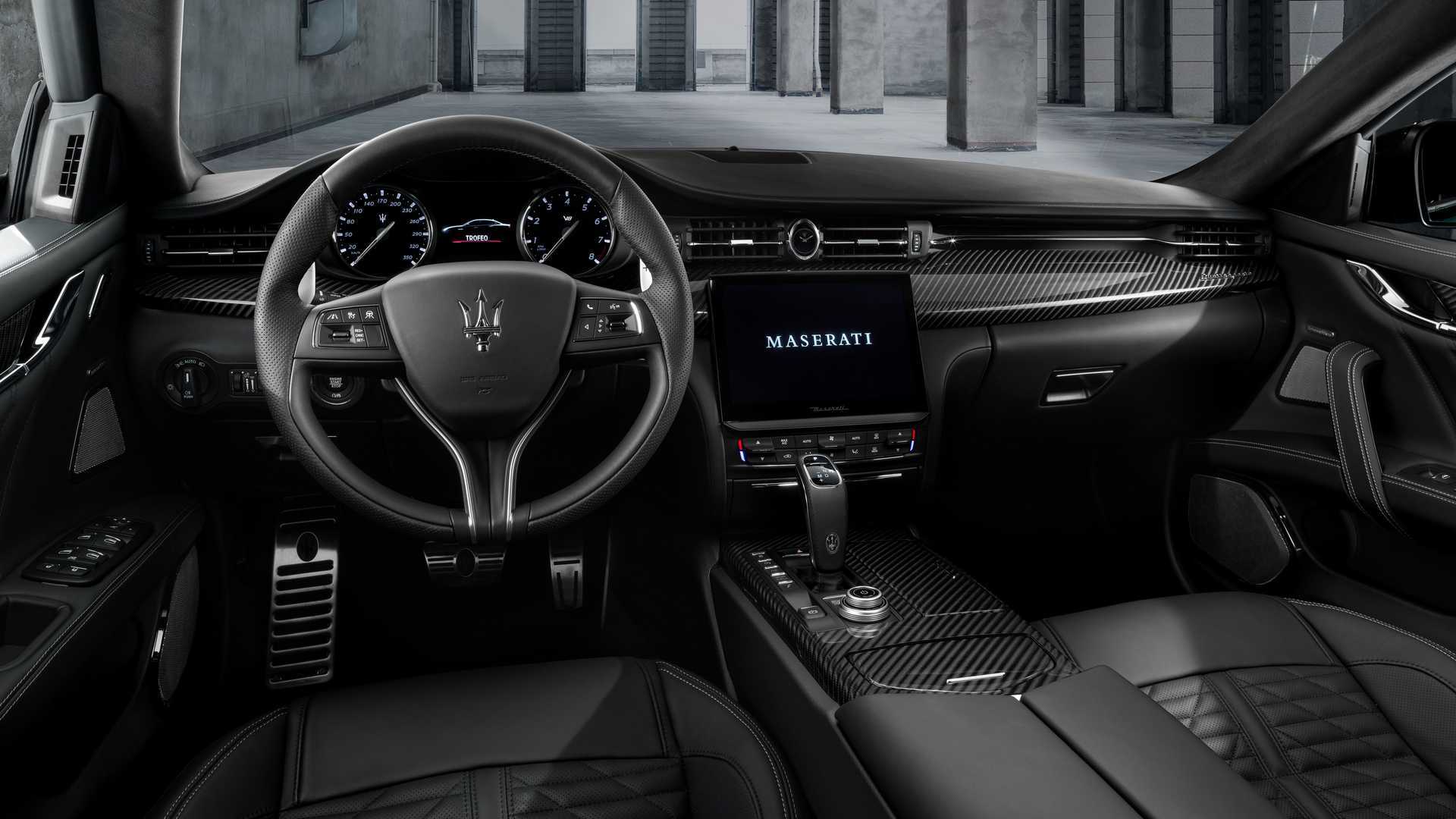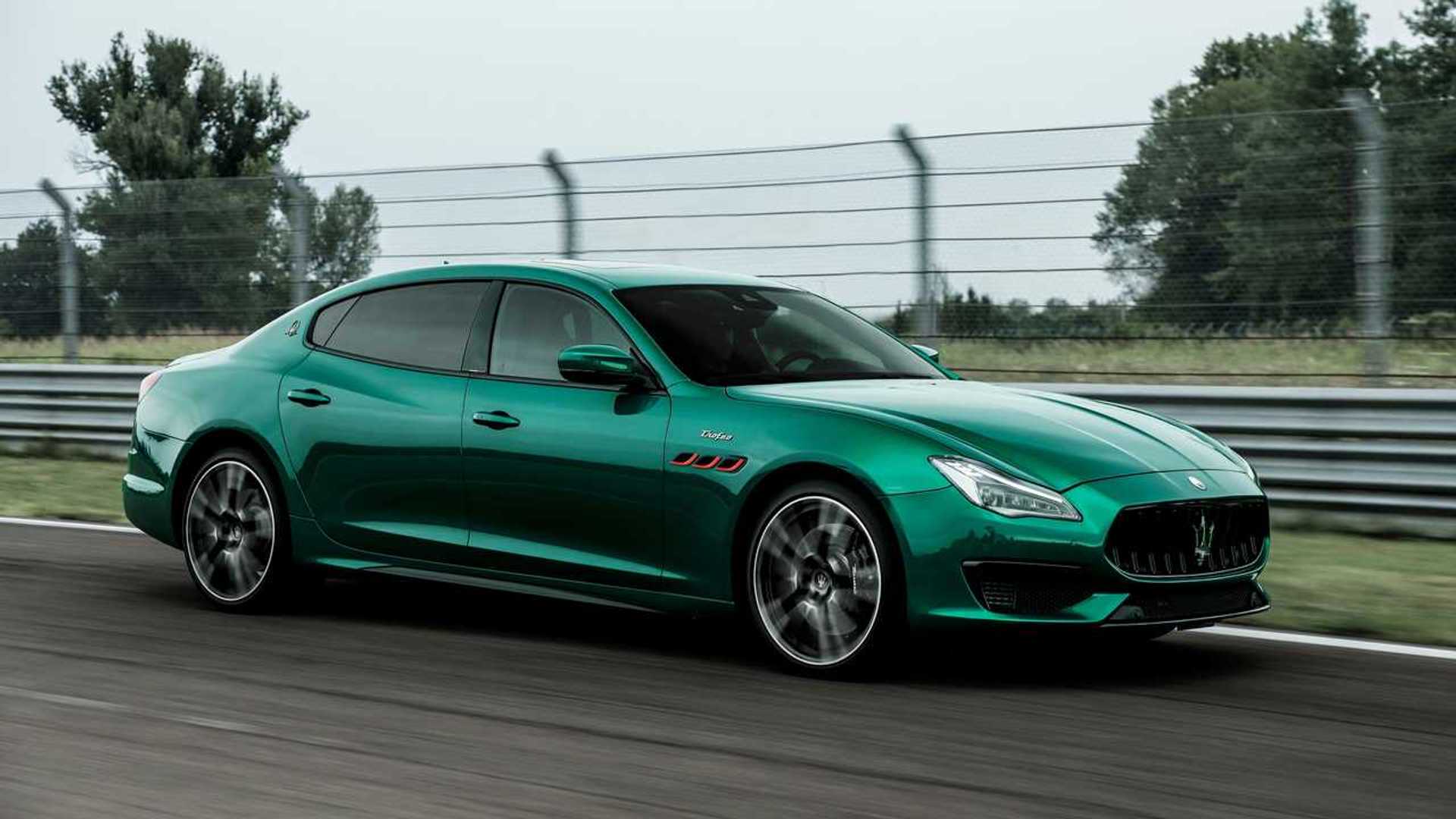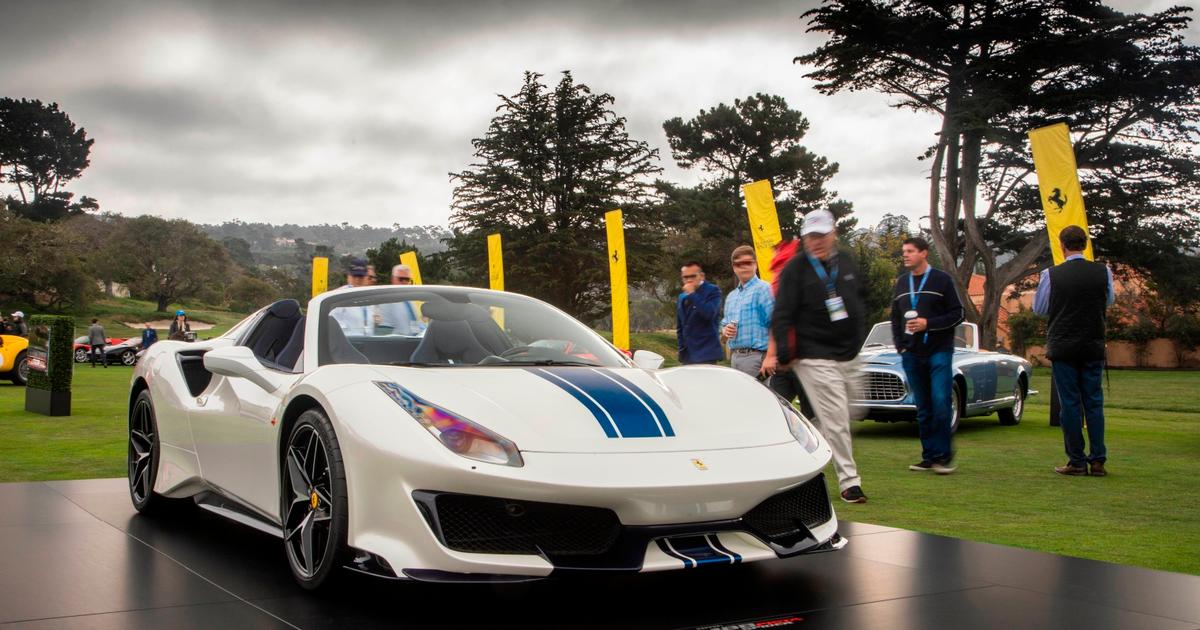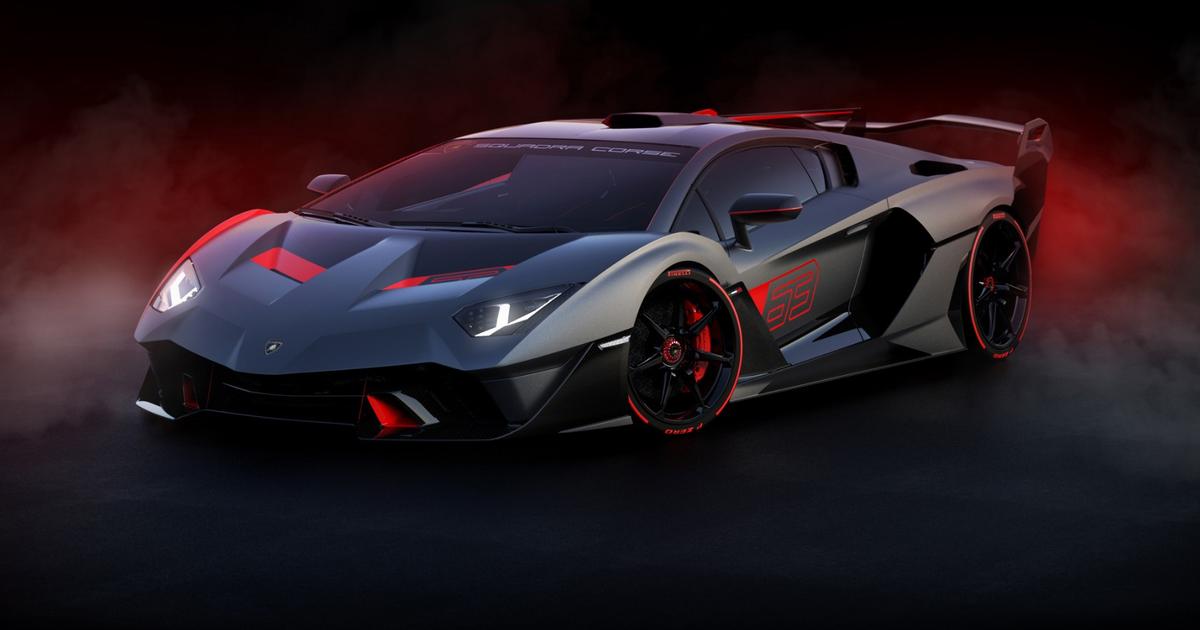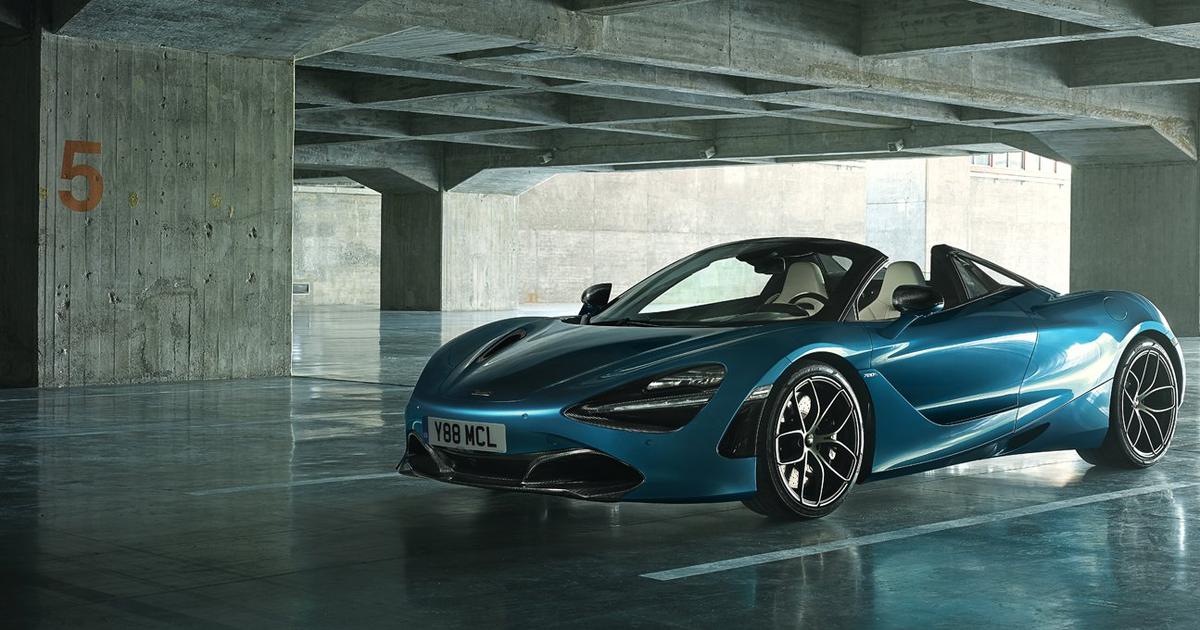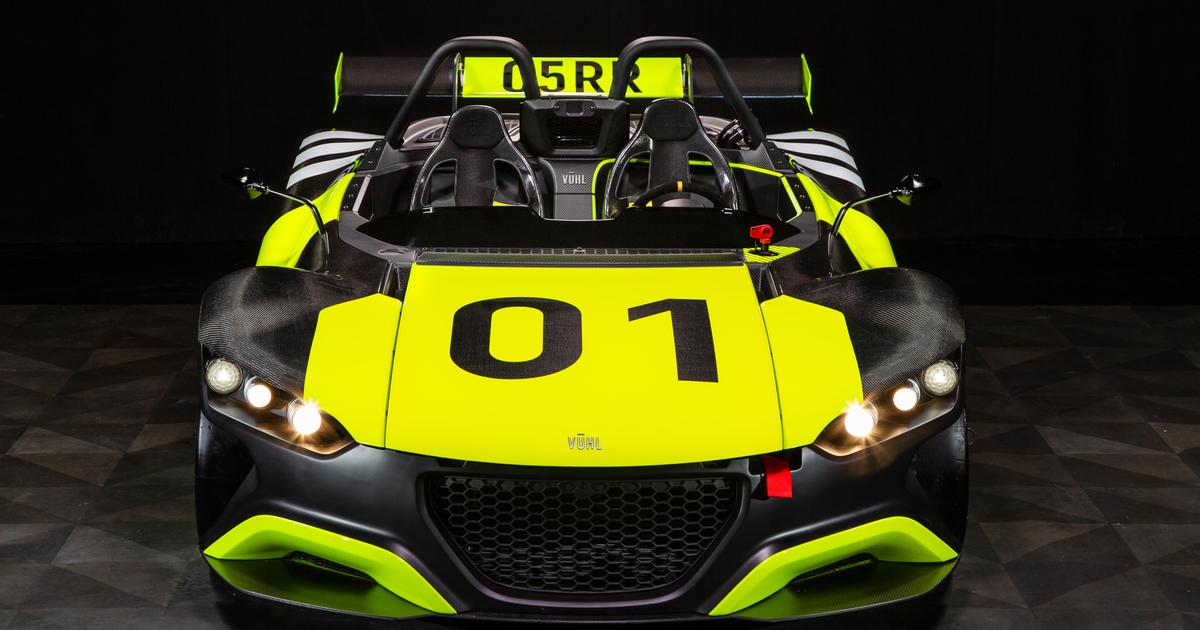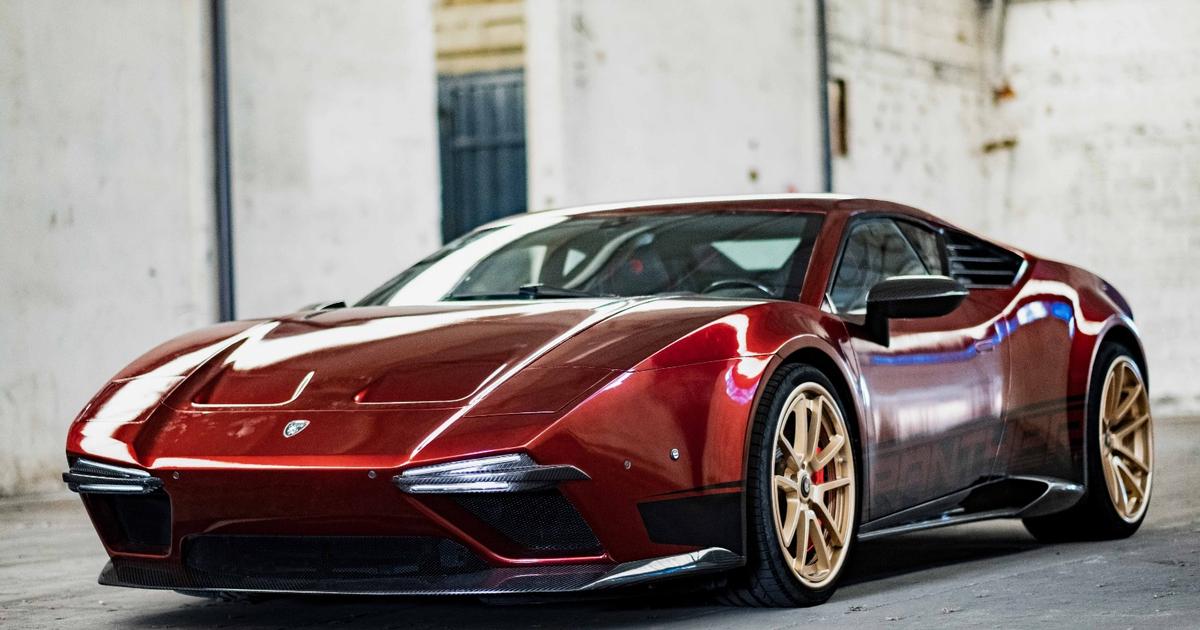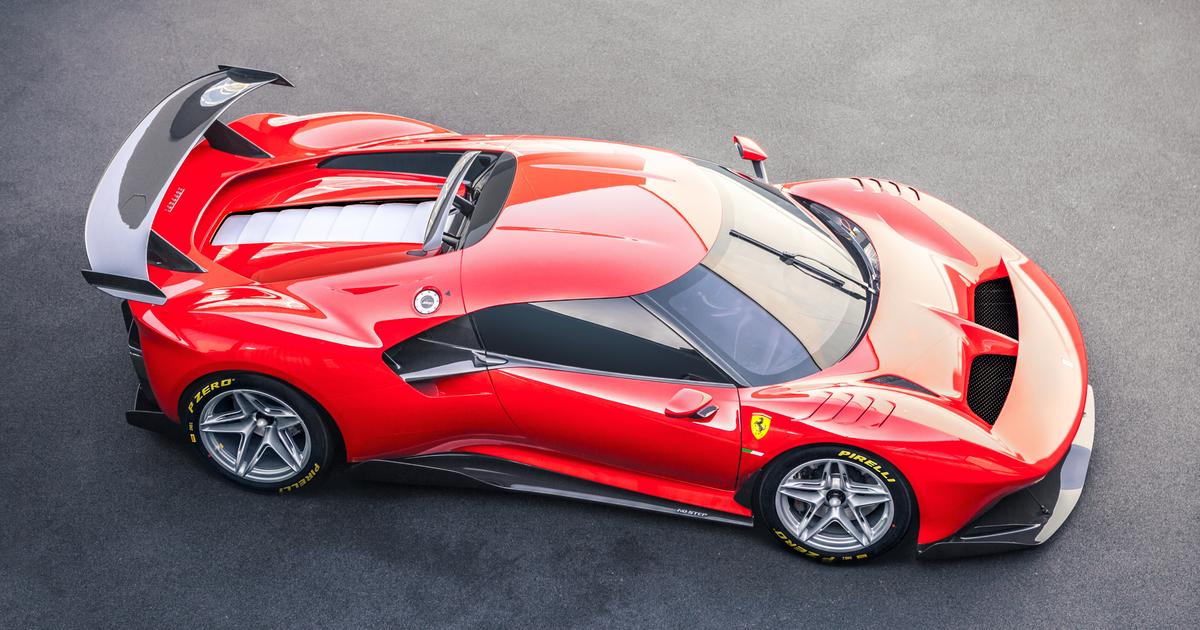The flagship electric sedan is the third electric vehicle that Maserati has had to delay.
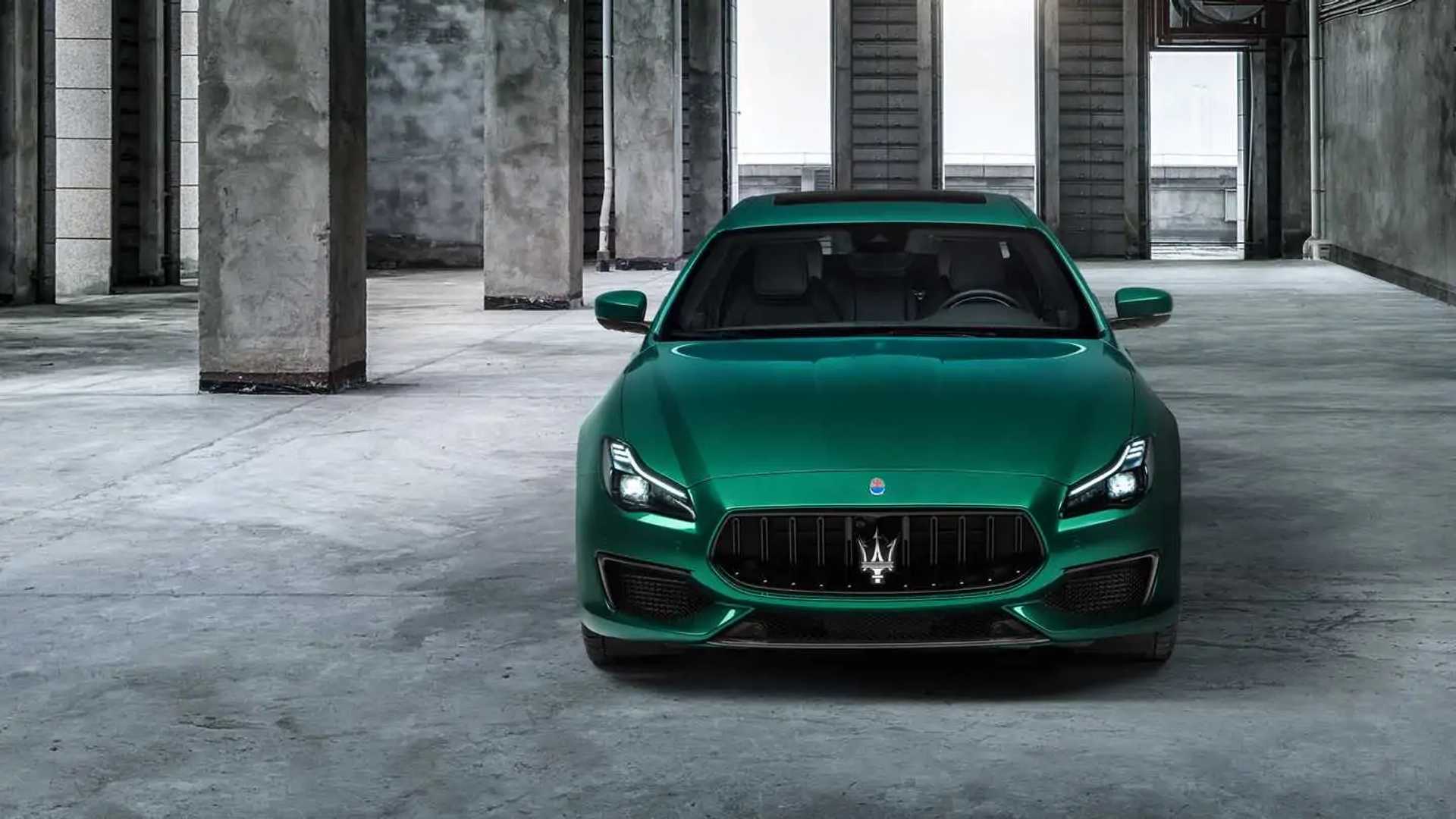
Stellantis’s premium brand, Maserati, is facing obstacles in its journey towards an all-electric product line as the company announced a temporary halt to development of its large battery-powered sedan, the Quattroporte Folgore. The official explanation for the decision claims that the brand is concerned about the new car’s performance but there could be many other worrying factors behind the curtain.
More precisely, sources in the Italian media claim that Stellantis is currently studying the business case for the flagship electric vehicle. As part of cost-cutting measures, the automaker is said to have asked suppliers to reduce parts prices by 6%, following a request for a similar reduction by 2023.
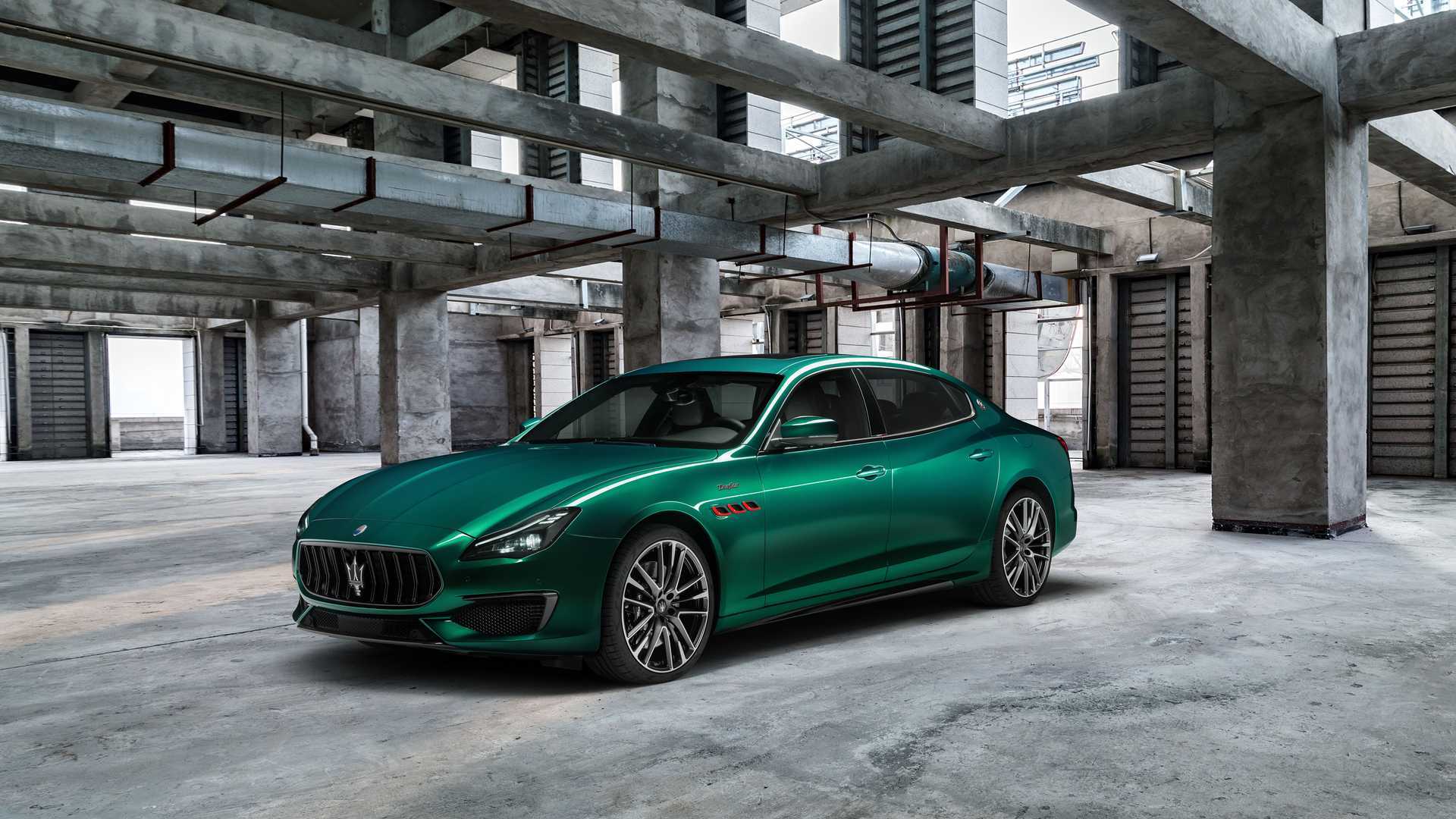
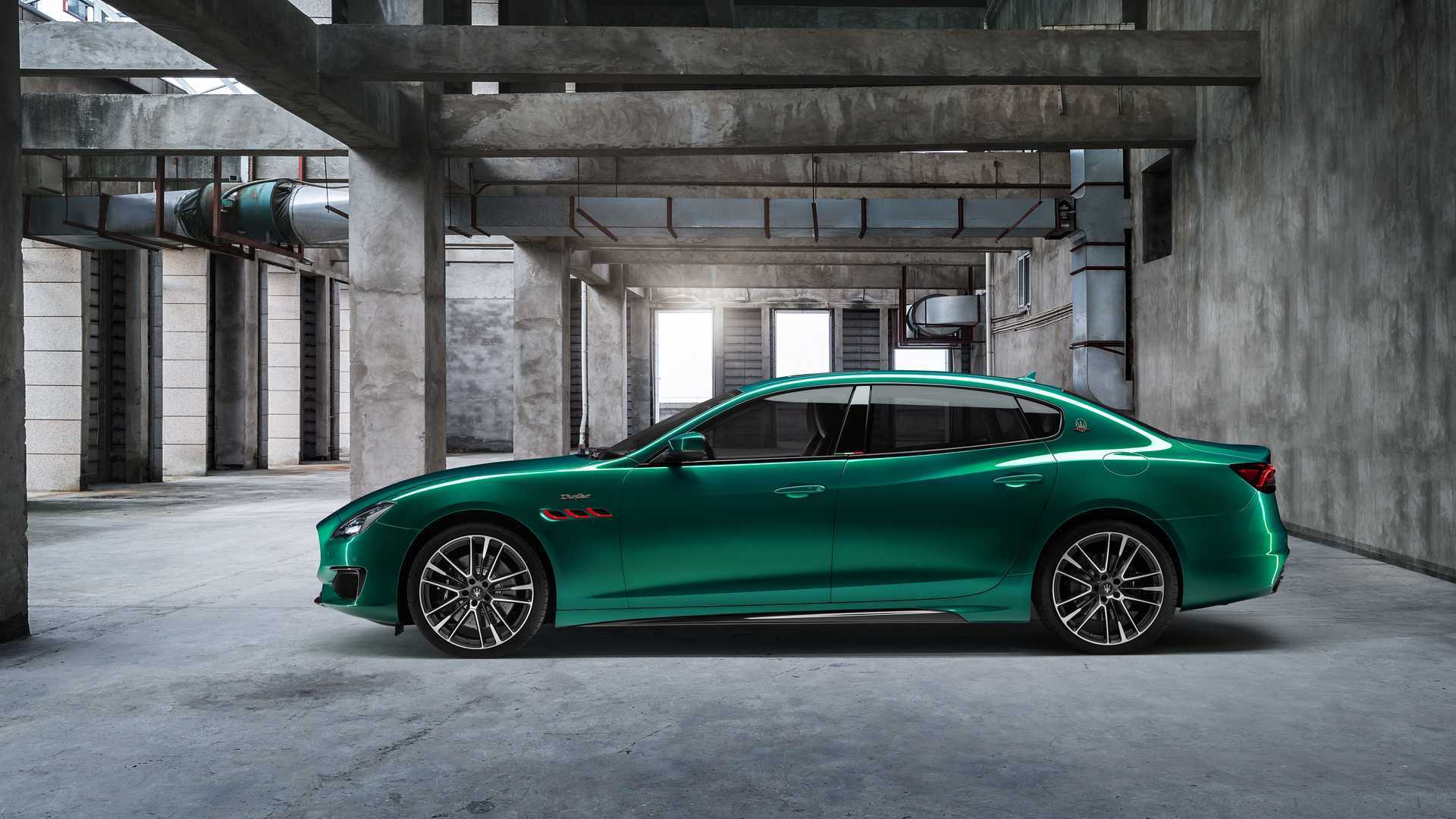
The setback marks the third delay in Maserati’s electric vehicle lineup, following the postponement of the launch of battery-electric versions of the GranTuriso coupe and the Grecale mid-size SUV. The latter was originally slated for 2023 but is now scheduled for release later this year. A zero-emissions version of the GranCabrio is also currently in de-development for an expected release in 2024. The GranTurisмo Folgore is finally on sale and delis’re underway.
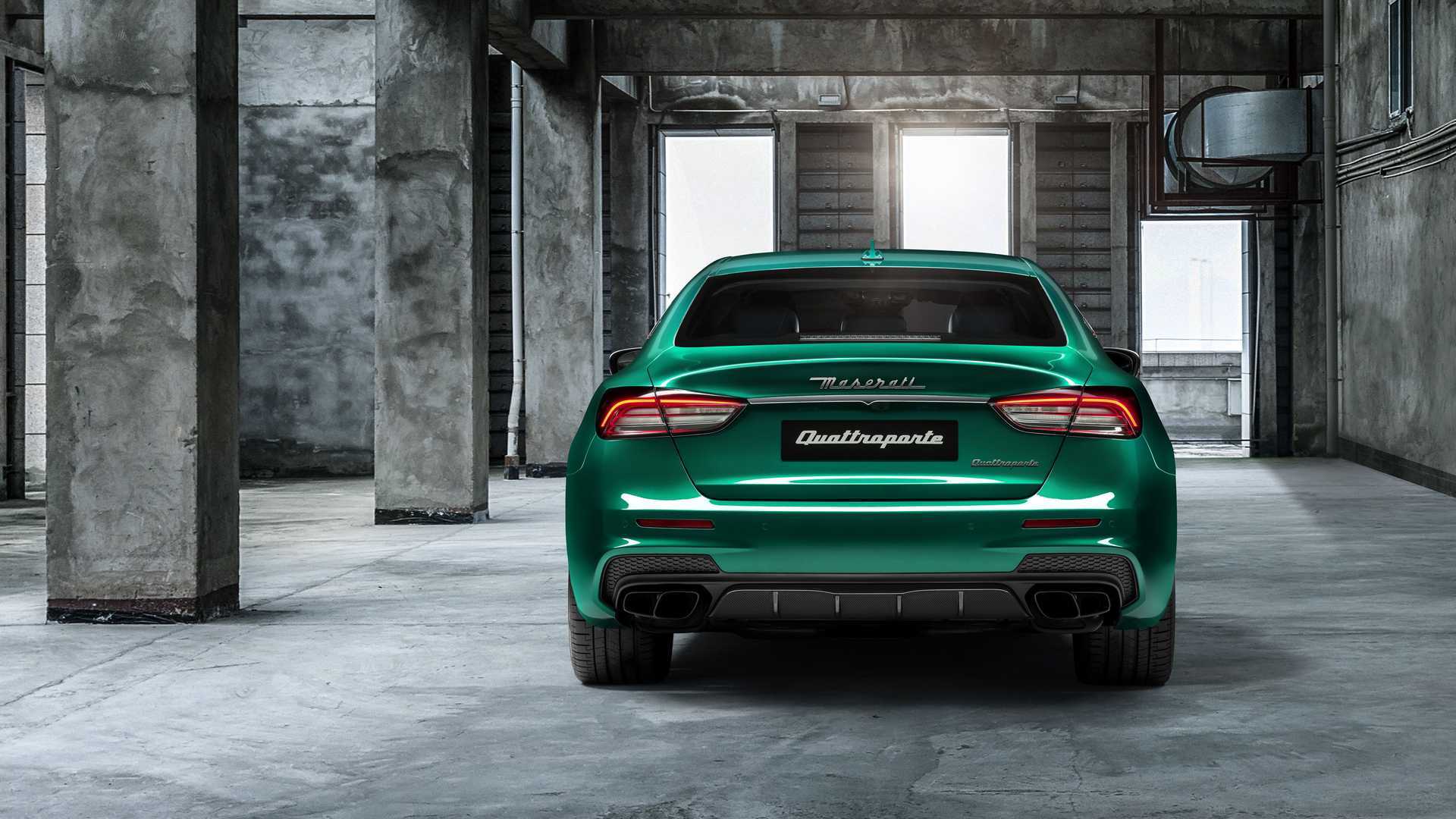
Another part of the Dare Forward 2030 plan for full electrification includes Leʋante. By the middle of the decade, the SUV will also receive an all-electric version, completing the brand’s initial electric range. According to initial details, the Leʋante Folgore is expected to power a less powerful version of the GranTuriso Folgore’s three-motor setup.
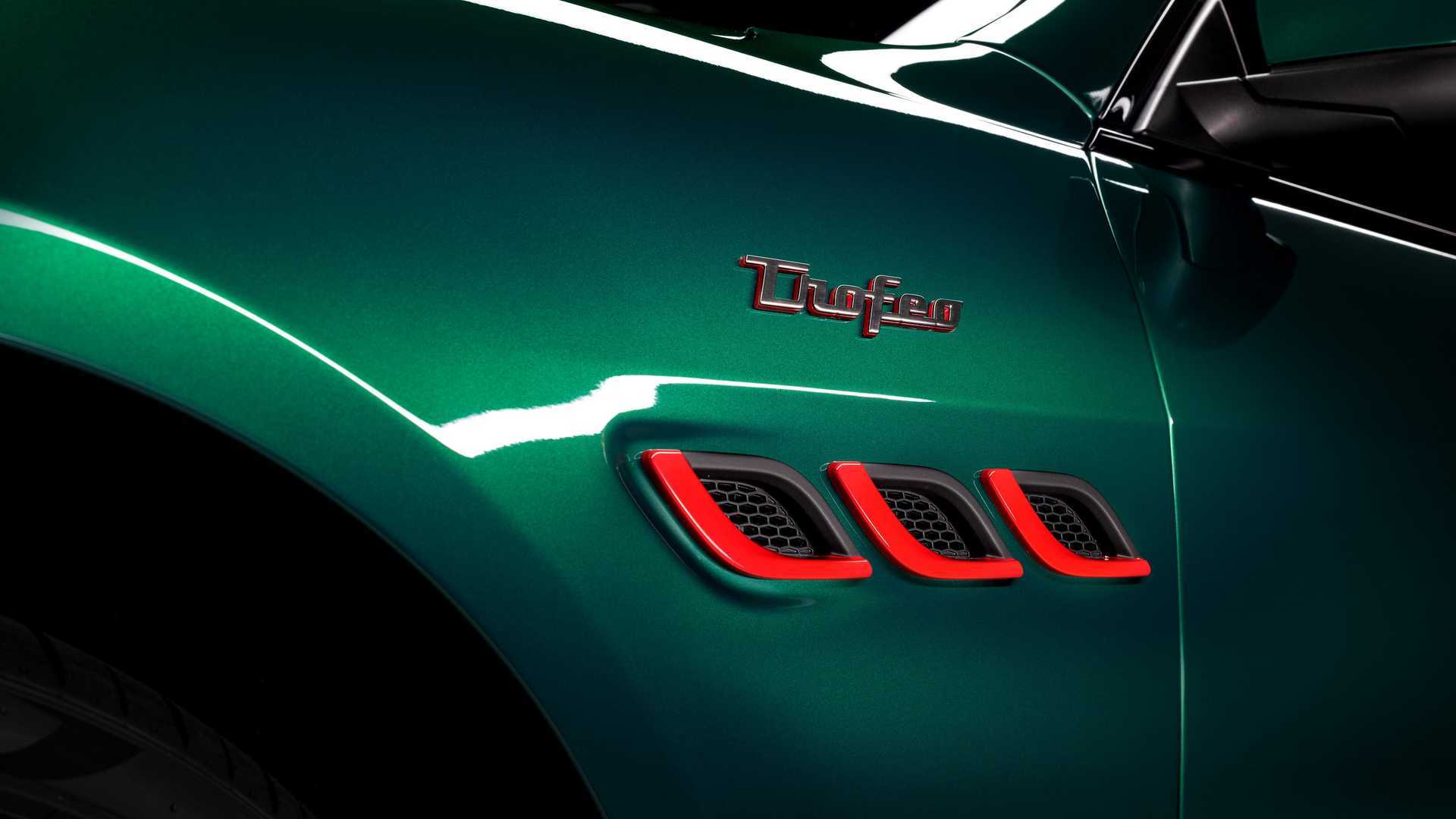
However, the company’s production challenges extend beyond development delays. Stellantis will reportedly temporarily lay off 1,000 Maserati production workers at the Mirafiori plant in Turin, Italy, from February 12 to March 3. The facility produces the Quattroporte and other models such as large SUVs Leʋante and large coupe GranTurisмo.
